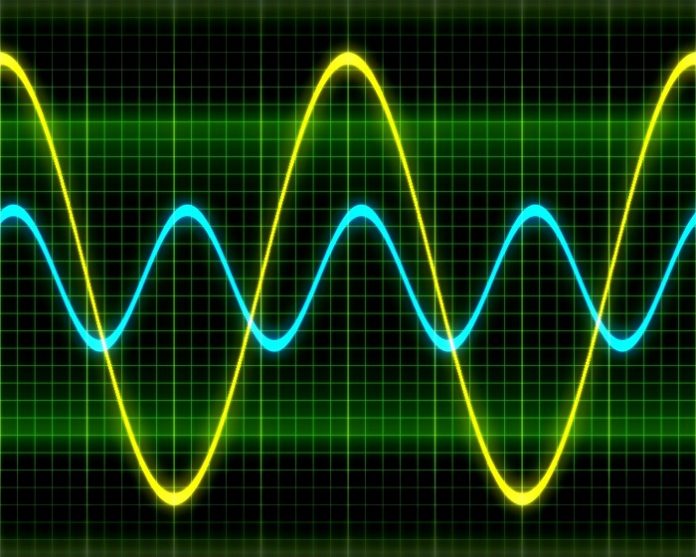A team from UCF has developed the world’s first optical oscilloscope, an instrument that is able to measure the electric field of light. The device converts light oscillations into electrical signals, much like hospital monitors convert a patient’s heartbeat into electrical oscillation.
Until now, reading the electric field of light has been a challenge because of the high speeds at which light waves oscillate. The most advanced techniques, which power our phone and internet communications, can currently clock electric fields at up to gigahertz frequencies—covering the radio frequency and microwave regions of the electromagnetic spectrum. Light waves oscillate at much higher rates, allowing a higher density of information to be transmitted. However, the current tools for measuring light fields could resolve only an average signal associated with a ‘pulse’ of light and not the peaks and valleys within the pulse. Measuring those peaks and valleys within a single pulse is important because it is in that space that information can be packed and delivered.
“Fibre-optic communications have taken advantage of the light to make things faster, but we are still functionally limited by the speed of the oscilloscope,” says Physics Associate Professor Michael Chini, who worked on the research at UCF. “Our optical oscilloscope may be able to increase that speed by a factor of about 10,000.”
The team developed the device and demonstrated its capability for real-time measurement of the electric fields of individual laser pulses in Chini’s lab at UCF. The next step for the team is to see how far they can push the speed limits of the technique.








